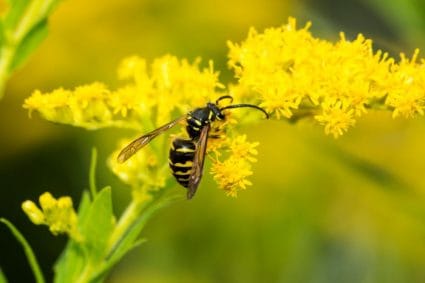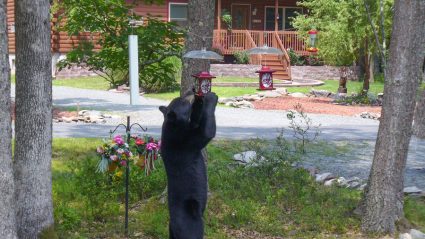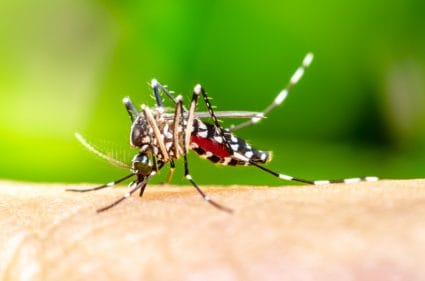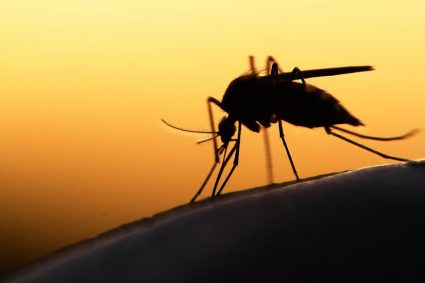
Coyotes, known for their adaptability and cunning hunting strategies, have intrigued humans for centuries. One aspect of their behavior that often sparks curiosity is their tendency to hunt at night. But why do coyotes hunt at night, and what implications does this have for their prey and the broader ecosystem?
Coyotes primarily hunt at night to avoid contact with humans, adapt to their environment, take advantage of their opportunistic hunting nature, and utilize their enhanced senses for more effective hunting. This nocturnal behavior helps them avoid competition, evade predators, coexist with humans in urban areas, and employ stealth and surprise in their hunting tactics. However, it’s important to note that coyotes are not strictly nocturnal and their hunting patterns can vary based on their habitat and the availability of food sources.
Why Coyotes Hunt at Night
Coyotes primarily hunt at night for several reasons:
- Avoiding Contact With Humans: Coyotes that live near human settlements tend to be nocturnal to avoid contact with humans during the daytime. Hunting at night helps them stay hidden and reduces the chances of encountering people.
- Adaptability: Coyotes are highly adaptable animals, and their sleeping patterns or circadian rhythms depend on their environment and location. In remote areas, away from human settlements, coyotes may be diurnal and hunt during the day. However, when living close to humans, they adjust their behavior and become nocturnal hunters.
- Opportunistic Hunting: Coyotes are opportunistic predators, meaning they will hunt whenever they have the chance to find food. While they may hunt during the day in certain situations, nighttime offers them more opportunities to find prey without being detected.
- Enhanced Senses: Coyotes have excellent night vision and hearing, which allows them to detect and locate prey more effectively in low-light conditions. Hunting at night gives them an advantage over their prey, as many animals have reduced senses in the dark.
Benefits of Nocturnal Hunting
Nocturnal hunting behavior benefits coyotes in terms of survival and competition in several ways:
- Less Competition for Resources: Hunting at night allows coyotes to avoid competition with other animals that are active during the day.
- Avoidance of Predators: Nocturnal hunting helps coyotes avoid being hunted by other predators, as most reptiles, which were historically their predators, are not active at night.
- Urban Environments: Coyotes living in close proximity to humans tend to have more nocturnal habits to avoid conflict with humans. This allows them to coexist with humans in urban areas while still finding food and resources.
- Surprise and Stealth: Hunting at night provides coyotes with the element of surprise, as their prey may not be expecting them to be active during the nighttime hours. The cover of darkness also helps them remain stealthy and avoid detection by their prey.
Coyotes’ Adaptations for Night Hunting
Coyotes have developed several adaptations to facilitate their night hunting activities:
- Night Vision: Coyotes have effective night vision, which allows them to be successful nocturnal hunters.
- Keen Senses: Coyotes have sharp senses of smell and hearing, which contribute to their success as predators.
- Camouflage: The thick fur of coyotes helps them blend in with their environment, providing excellent camouflage.
- Speed and Agility: Coyotes can run up to 40 miles per hour to catch their prey and are known for their cunning hunting strategies.
- Hunting Styles: Coyotes adjust their hunting style based on the available food sources. They usually stalk and pounce on small prey when hunting alone, while they may hunt in small packs and work together to kill larger prey.
Impact on Prey and the Ecosystem
The nocturnal behavior of coyotes has significant implications for their prey species, the broader ecosystem, and human-wildlife interactions. By understanding and managing these impacts, we can promote coexistence between coyotes and other species, including humans.
Misconceptions About Coyotes’ Nocturnal Hunting Habits
There are several misconceptions about coyotes’ nocturnal hunting habits that need to be clarified. One common myth is that coyotes are strictly nocturnal animals. In reality, coyotes are more diurnal or crepuscular, depending on their habitat.
Coyotes’ Hunting Strategies
Coyotes are opportunistic predators with a diverse diet, ranging from fruit and insects to small and large prey. They generally hunt by themselves and prefer to hunt smaller prey like mice, pocket gophers, and ground squirrels.
In conclusion, coyotes primarily hunt at night to avoid contact with humans, adapt to their environment, take advantage of their opportunistic hunting nature, and utilize their enhanced senses for more effective hunting. By understanding the reasons behind their nocturnal behavior and its impacts, we can better coexist with these fascinating creatures.
Frequently Asked Questions
What are some of the common prey of coyotes?
Coyotes have a diverse diet that includes small mammals like mice, rabbits, and squirrels, as well as insects, fruits, and sometimes larger prey like deer. They are also known to eat carrion, or dead animals, and human food waste in urban areas.
Are coyotes dangerous to humans?
While coyotes are generally not a danger to humans, they can become a threat if they are fed and lose their fear of people. Coyotes are wild animals, and it is important to respect them as such. Never feed coyotes, and keep your distance if you encounter one.
How can we coexist peacefully with coyotes?
To coexist peacefully with coyotes, it’s important to not feed them and to secure your trash and pet food to avoid attracting them to your property. If you encounter a coyote, make yourself appear larger and make loud noises to scare it away.
How do coyotes communicate?
Coyotes communicate using a range of vocalizations, including howls, yips, and barks. They also use body language and scent marking to communicate with each other.
Do coyotes live in packs?
Coyotes have complex social structures that can vary based on their environment. Some coyotes live in family groups or packs, while others live alone or in pairs. Packs are often composed of a breeding pair and their offspring.











